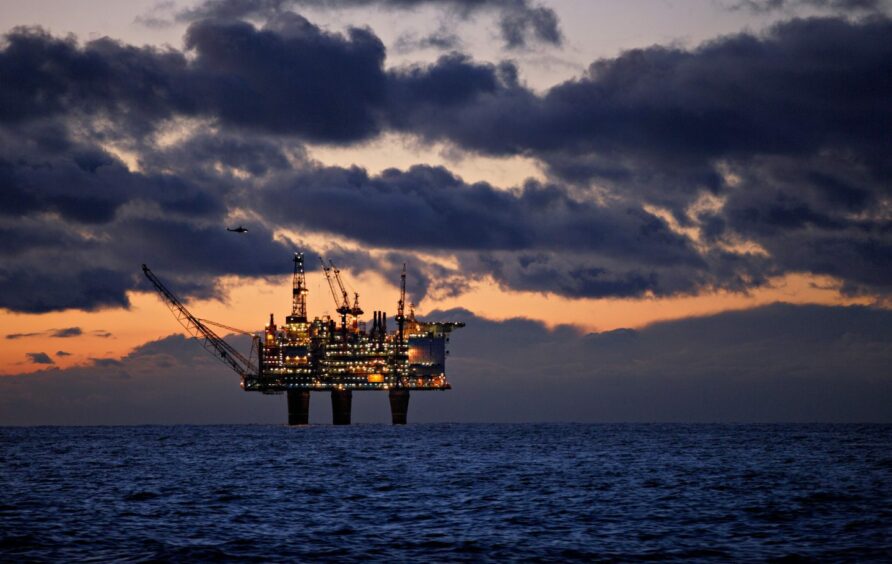
As illustrated in French economist Frederic Bastiat’s ‘parable of the broken window’, it is often ‘that which is not seen’ that can be of greatest importance.
Take the hotly debated North Sea windfall tax; the obvious intent of the policy is to cream off the profits of oil and gas companies, and use the money to allay economic adversity.
What is less obvious is the potential opportunity cost of the move; cash earmarked by firms for investment in new projects or jobs is diverted away, instead to be spent on mitigating the impacts of fiscal uncertainty.
There is an argument that many oil and gas companies would simply have handed any excess money to shareholders – a claim backed up by the number of eye-watering buyback programmes enacted in 2022.
Fears already playing out
Be that as it may, the UK Government’s fiscal flip-flopping is taking its toll, with Nathan Piper, head of oil and gas research at Investec, describing the result of the latest hike as a “windfall of unintended consequences”.
Some of the North Sea’s biggest players have confirmed cuts to their planned spend following news of the planned rise in the energy profits levy (EPL), due come into force on January 1.
Meanwhile, Harbour Energy, the UK’s top producer, is shunning the latest offshore licensing round.

At the same time, ministers are looking expectantly at oil and gas firms to increase production and deliver fresh projects to reach the Holy Grail of energy security.
A generous investment allowance has been included to spur companies to splash their cash, but it is still a case of squaring the circle.
EPL could strangle firm’s ability to take on debt
Crucially, by increasing the windfall tax – first enacted in May to combat the cost-of-living crisis – to 75%, UK Government could cut off some firm’s access to capital.
Mr Piper said: “Banks were able to disregard the initial EPL in assessing debt capacity as they use oil and gas price assumptions below ‘normal levels’.
“The removal of the reference to price normalisation in the Autumn Statement may force banks to include a 75% marginal tax rate in assessing debt capacity. This would further reduce the ability for companies to invest in any major projects.”
As well as restricting firms ability to source funds for new projects, any review of debt capacity could also “limit UK North Sea deal flow”.
“More than $10bn in transactions over the past five years represent an important step in the evolution of the UK North Sea,” said Mr Piper.
“Debt funded deals have transferred ownership of the assets non-core to global majors to independents that are focused on reinvesting in the basin and extending asset life.”
Bring back sunset cause to ease woes
As Mr Piper has already alluded to, the windfall tax increase, announced in November, is particularly punitive for one key reason.
In addition to kicking back the EPL period from 2025 to 2028, the Chancellor removed the sunset clause that was a key feature of the original policy.
It would have caused the windfall ax to fall away if oil prices returned to a more “normal” level.
As it stands, and based on a “ten-year average oil price of $75 a barrel”, oil is not far off being a normal price – it’s currently trading at just over $84 a barrel, as of Tuesday night.
But with no mechanism in place, the additional levy is here to stay, even if oil price continues the decline it has been on in recent months.
And Mr Piper says that “could have an additional impact beyond the higher tax rate where companies are reducing UK North Sea investment plans”.
He added: “It remains unclear if any amendments to the EPL will be made but the return of ‘historically more normal prices’ to the legislation would prevent a bad situation becoming much worse.”
To read more from Nathan Piper, click here.
Recommended for you


 © Supplied by Investec
© Supplied by Investec © Bloomberg
© Bloomberg